Category: Epilepsy
-

Nathan Intrator on epilepsy, AI, and digital signal processing | ApplySci @ Stanford
Nathan Intrator discussed epilepsy, AI and digital signal processing at ApplySci’s Wearable Tech + Digital Health + Neurotech Silicon Valley conference on February 26-27, 2018 at Stanford University: Join ApplySci at the 9th Wearable Tech + Digital Health + Neurotech Boston conference on September 24, 2018 at the MIT Media Lab. Speakers include: Mary Lou…
-

Video: Roz Picard on wrist-sensed stress, seizure & brain data
Recorded at ApplySci’s Wearable Tech + Digital Health + Neurotech Boston conference on September 19th at the MIT Media Lab Join ApplySci at Wearable Tech + Digital Health + Neurotech Silicon Valley on February 26-27, 2018 at Stanford University. Speakers include: Vinod Khosla – Justin Sanchez – Brian Otis – Bryan Johnson – Zhenan Bao…
-
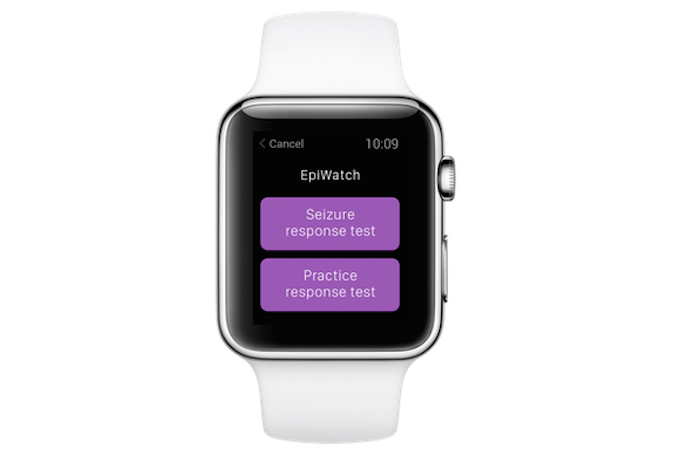
App detects seizure onset with heart rate, accelerometer data
Johns Hopkins professor Gregory Krauss has used ResearchKit to develop an app to detect the onset and duration of epileptic seizures with an Apple Watch. Wearers must touch the watch to capture accelerometer and heart rate sensor data, and notify a caregiver. The EpiWatch app logs seizures and responses, and tracks medication adherence and side…
-
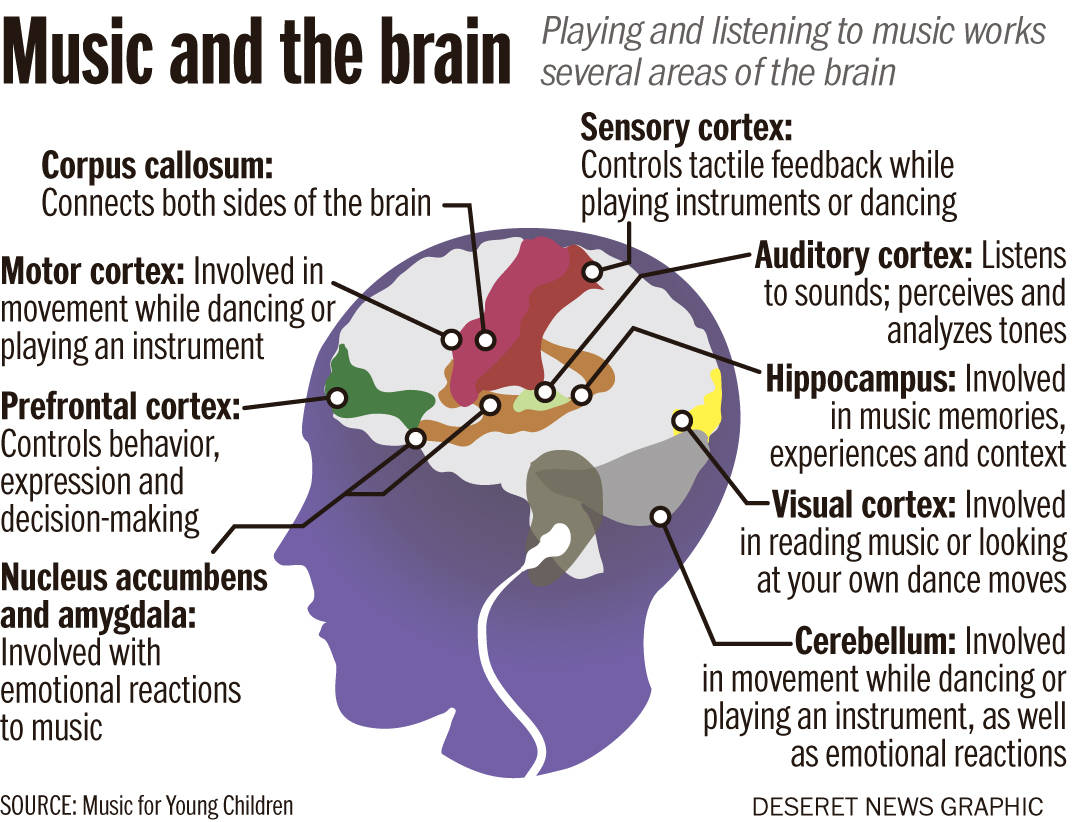
Epileptic patients process music differently
Ohio State researchers have found that epileptic patients’ brains process music differently, and hypothesize that music therapy could be used to reduce temporal lobe seizure frequency. The brainwaves of 21 epileptic and healthy patients were examined as they listened to music, interspersed with moments of silence. The order of the pieces was randomized, and 10 minutes of silence…
-

Skin conductance based wearable detects seizures
Embrace by Empatica is a sleek, crowdfunded wearable that detects epileptic seizures. It also tracks movement, sleep, and stress. The technology is based on Rosalind Picard‘s 2008 study showing that seizures produce high levels of skin conductance. Other seizure logging wearables focus on accelerometer tracked motion. Empatica believes that Embrace more accurately measures seizures by combining…
-
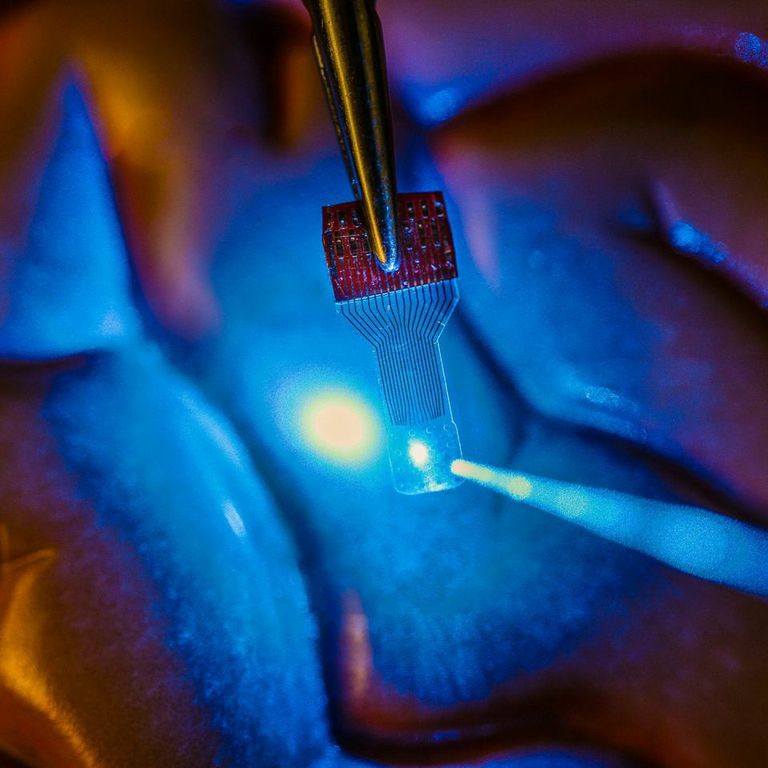
Transparent brain implant could improve neuromodulation
University of Wisconsin professor Justin Williams and colleagues have developed a graphene based, transparent sensor implant to help researchers better view the brain. Unlike existing devices, the sensor’s micro electrode arrays work in tandem with imaging technologies. This could improve neuromodulation therapies used to control symptoms, restore function, and relieve pain in patients with hypertension,…
-
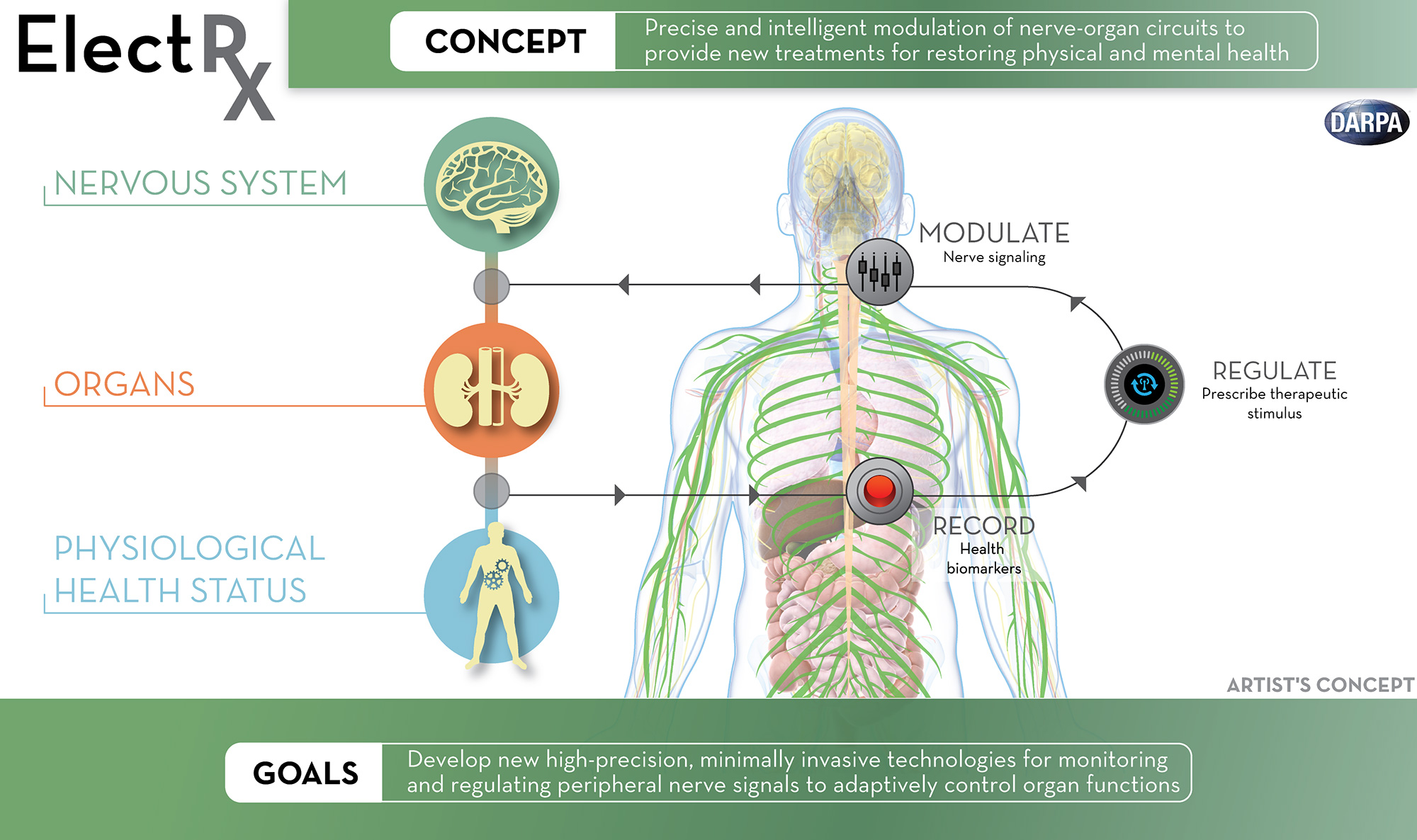
DARPA neuromodulation tech for physical and mental health
DARPA‘s ElectRx research program aims to develop high precision, minimally-invasive neuromodulation technologies to treat diseases including rheumatoid arthritis, epilepsy and PTSD. Implanted ultraminiaturized devices would modulate the peripheral nervous system’s response to infections, injuries or other imbalances. Project manager Doug Weber claims that ElectRX technologies “would continually assess conditions and provide stimulus patterns tailored to help maintain…
-
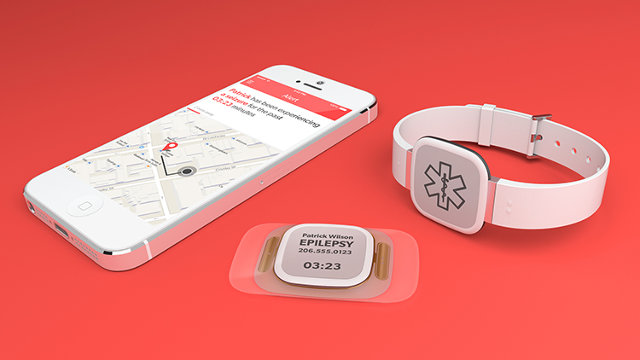
Wearables track, manage, predict epileptic seizures
Artefact Dialog | SmartMonitor Artefact Dialog allows epilepsy patients to track, manage, and predict seizures. The patch-like wearable connects via Bluetooth to a smartphone app. It can help wearers remember to take their medications, warn them about seizures, and alert friends, family, or caregivers when a seizure happens. Connected apps help users analyze where they…